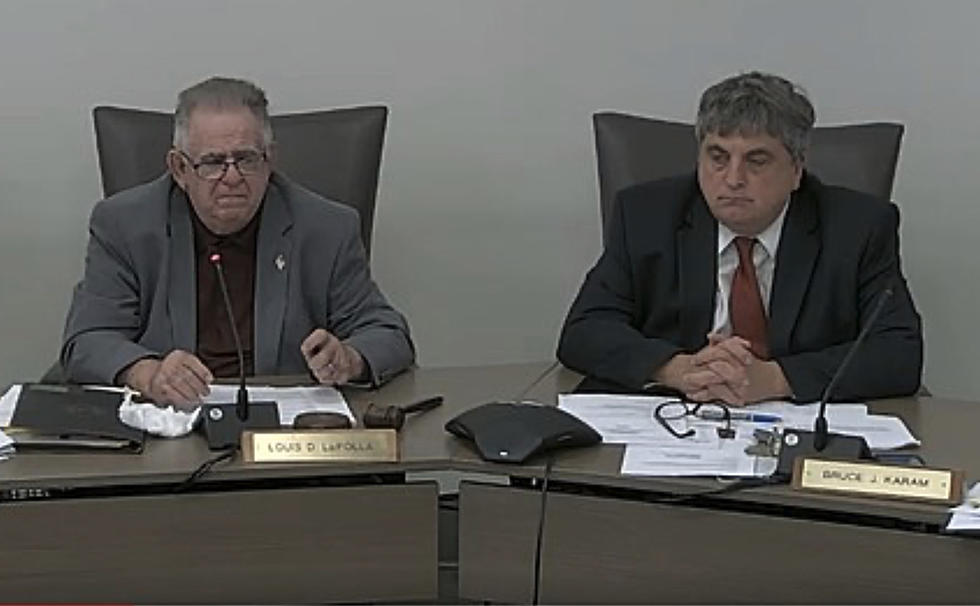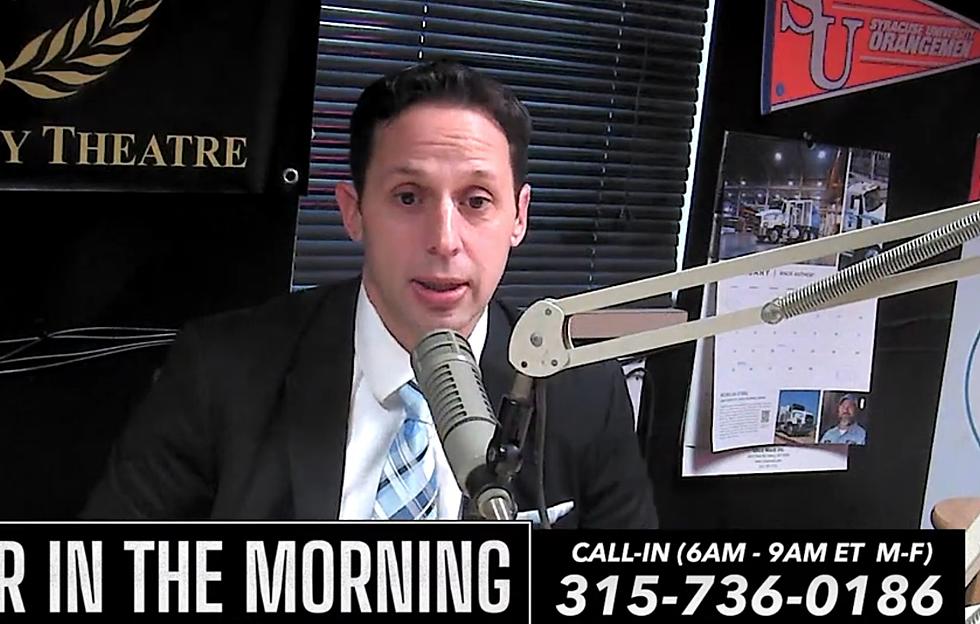
Utica City School District Talks Budget Issues And Layoffs
The Utica City School District held a budget workshop tonight to explain its reasoning behind potentially laying off another 88 employees.
The proposed budget is only a half percent higher than this year's budget, but accounts for more than $6.3 million, rising from $137 million to more than $143 million.
Maureen Albanese is the school business official. She says the extra costs are due to the incoming charter school set to open on September 1st, increases in contractual salaries and benefits, and additions to the general fund.
"It's devastating for the district," Albanese said. "You're going to see larger class sizes, personnel being cut with 54 teachers and then possibly another ten to bring it to 64. We're losing clerical people, we're losing grounds people and administrators."
The enactment of recent sequester cuts will also harm the district. Nearly $587,000 will be taken from the district's funding, resulting in the possible loss of another 11 jobs, including 10 teaching positions.
Immediate problems include a mentioned increase in class sizes. English, math and physical education classes would rise to nearly 30 students, Other classes could see spikes as high as 33 students in a class.
To remedy the problems foreseen in the budget, the district is working with local lawmakers and other underfunded districts to push for more state funding. According to the group, for every $1 million received in funding, between 12 and 15 teaching positions could be reinstated. More teachers will help decrease overcrowded classrooms and help students receive a more complete education.
Still, School Board member Lou Lapolla says the decisions had to be made and the Superintendent should be proud of the work the Board has done to keep spending in check.
"In other school districts, the increase in spending from last year to this year is nine, ten, 11 percent," Lapolla said. "They're balancing their taxes on the backs of the taxpayers. We're not. I suppose we're using the money that we have available. If we don't have the money for positions, then we don't have the money. We're not going back to the taxpayers and saying 'we want you to pay nine or ten percent more in taxes.' The Superintendent chose not to do that."
He called the situation a revenue problem, rather than a spending problem, stating that to raise taxes on an already struggling city would do nothing to fix the problem.
More From WIBX 950









